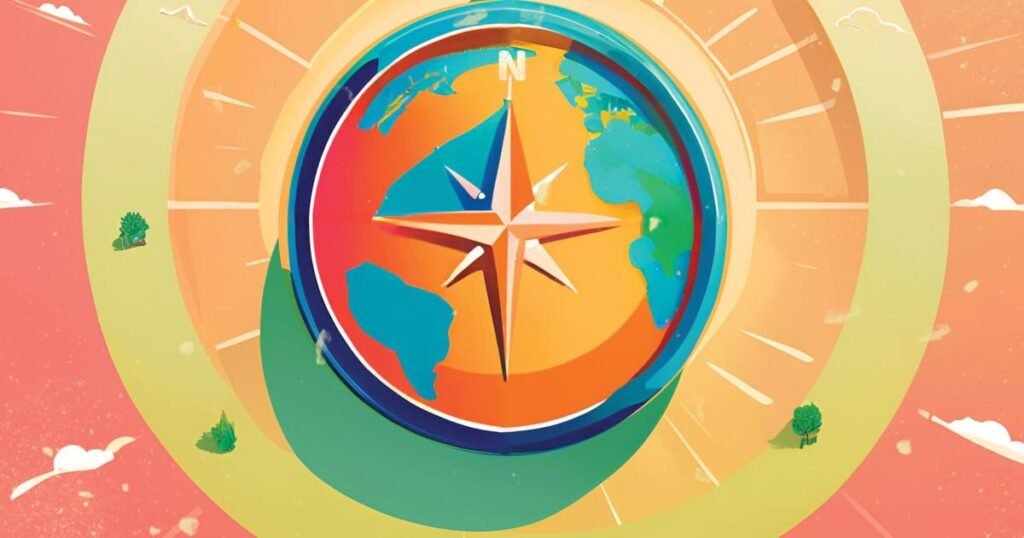I think you know better than anyone that environmental threats disproportionately impact those with the least resources. How can we prioritize those most at risk in the coming years?
I don’t have a definitive answer, but my belief is that if we are serious about protecting vulnerable people and communities, we must find ways to reduce their vulnerability. So we have to start there.
My humble opinion is that we academics need to be more strategic and less competitive. There’s a lot of collaboration that needs to happen now, and we need to really accelerate our efforts on planetary health. We need to be ambitious and speak uncomfortable truths to powerful powers. It’s very simple. We just have to keep working, we have to adjust, we have to collaborate, we have to advocate, we have to help change the dial.
Getting cooperation between government and the private sector is very important. How do we do that?
I always talk about the three P’s. The first is political will. The second is solid policy, and the third is pressure. And the pressure comes from people, from consumers and young people who are standing up and saying, “We demand this from you.” Because ultimately, this is what drives political will, and this will can change policy. Don’t underestimate the power of people.
What is your message to governments facing so many pressing needs? Why should we prioritize the health of our planet?
I always talk about my family. I talk about my two sons and new grandchild and my vision for them. And I’ll talk about my parents. One was a civil servant and the other a housewife who later became an entrepreneur. And talk about how they worked hard to give me a bright future. Still, I can’t leave the same hope for my children. Because our generation is also guilty of what happened in the Anthropocene era in which we now live.
The second thing I want to say is that we have the potential to succeed because the health of the planet brings together all the major challenges we face. John Muir, an early advocate of conservation in America, said something like when you pull at one thing in nature, you find it attached to other parts of the world. The only way we can find balance and solutions is by returning to where we came from: nature.
We can no longer sit idly by.
What do most people not understand about planetary health?
Perhaps the right question is: What is it that planetary health care workers and advocates don’t understand about the way humanity thinks and acts that is currently preventing us from changing course? It’s most likely something. What are we doing wrong today that we are not getting the traction we desperately need?
I think we need to communicate important messages about the health of our planet in ways that people can understand.
The World Planetary Health Roadmap and Action Plan was launched in April last year. They were meant to help answer the question, and I love this question, of how we can achieve planetary health. So how do we keep the planet healthy?
First, you need to be able to get your facts and figures right. How do we measure and prove that we are in trouble?Secondly, global agreements and frameworks are also fragmented. Therefore, we need to look to global governance. Third, we need to revolutionize education to incorporate proper respect and consideration for the environment into most countries’ curricula. Fourth, CEOs should be encouraged, not pressured, to consider how the way they operate impacts our health, the health of everyone on the planet, and the planet itself. is. We need to work with these CEOs. Fifth, we all need to bring together our best communications talent and coordinate our messages to politicians.
We have to go out and argue, argue, debate, and confront in court. We can no longer sit idly by.
At Sunway, we have done a great job of improving the health of the planet as a core initiative. Do you have any advice for efforts to grow the Planetary Health Institute here at Johns Hopkins?
I think we all need to have some humility. We need to be able to learn from each other and invest in alignment and connection. The world today is very different compared to the world when I started working as a physician. With everything so readily available, I think it’s hard not to work together and work together. It’s not easy. What I’ve done is I’ve persistently shown people that if we work together, it’s a win-win situation.
My advice to Johns Hopkins University, which is a very prestigious university, is to use the evidence now to drive policy change.

